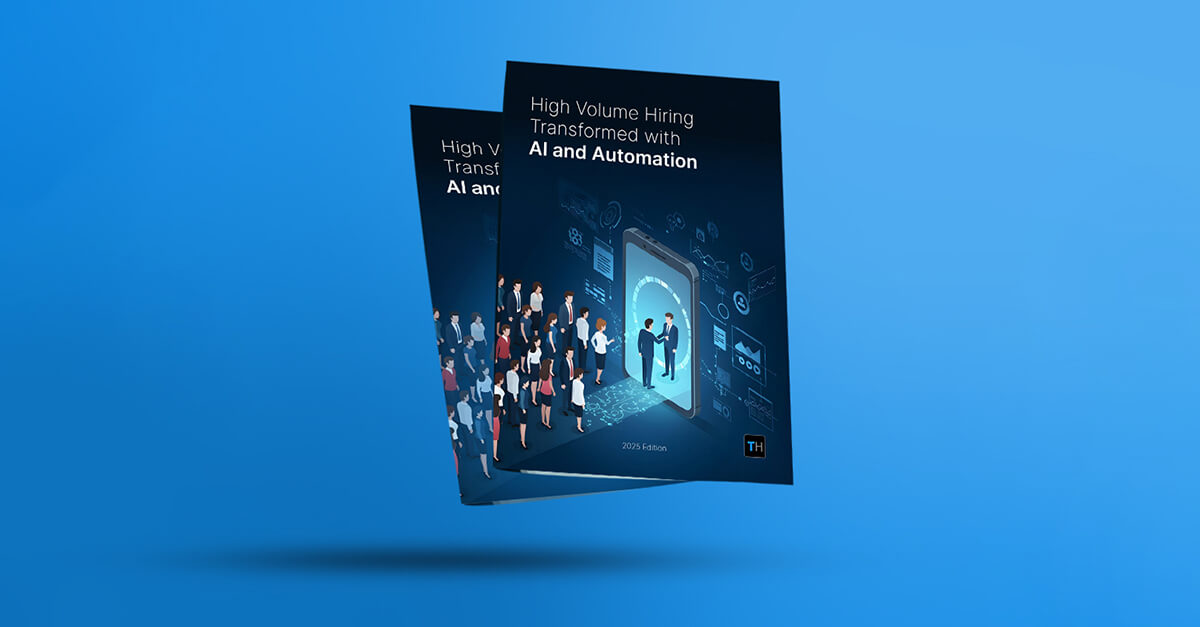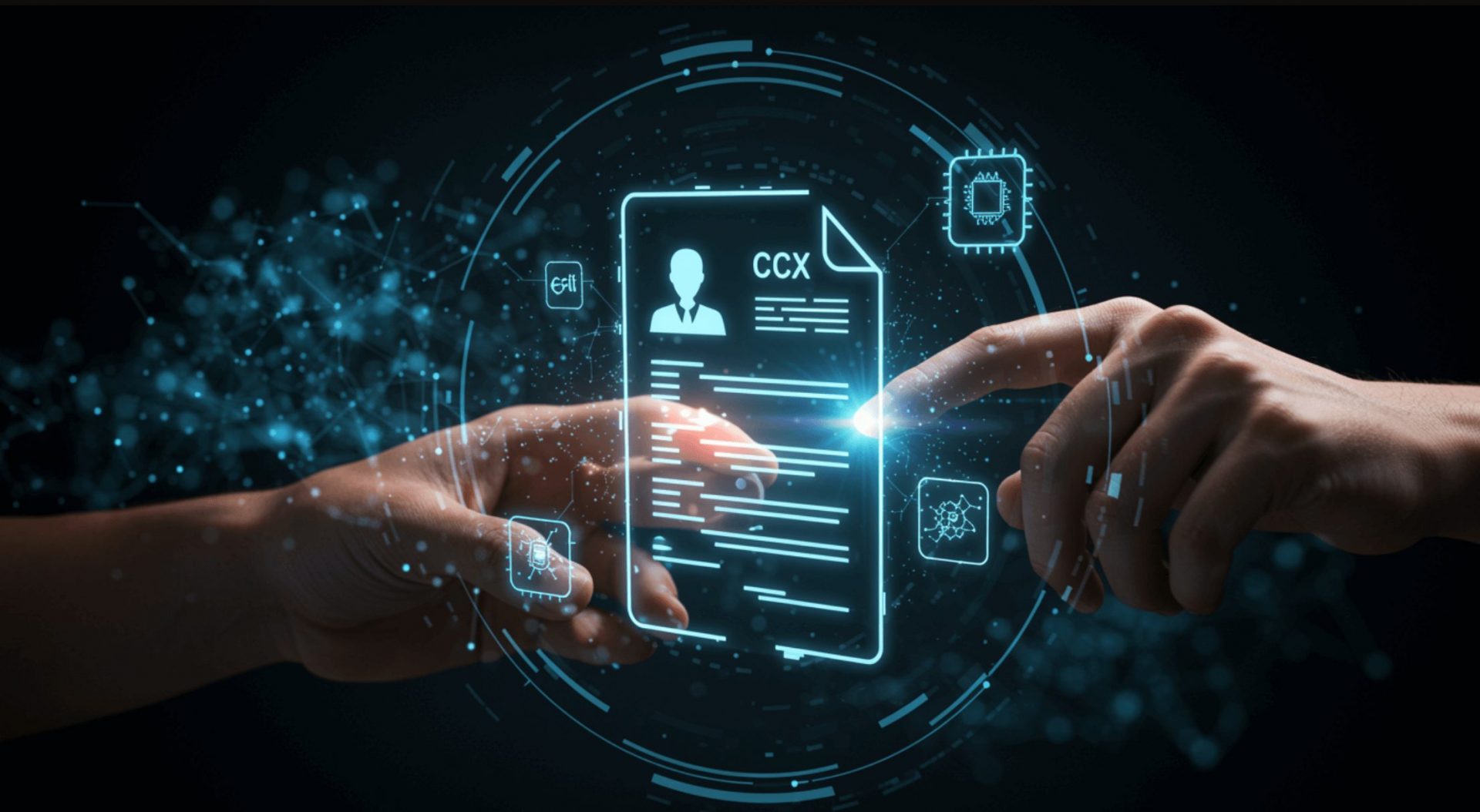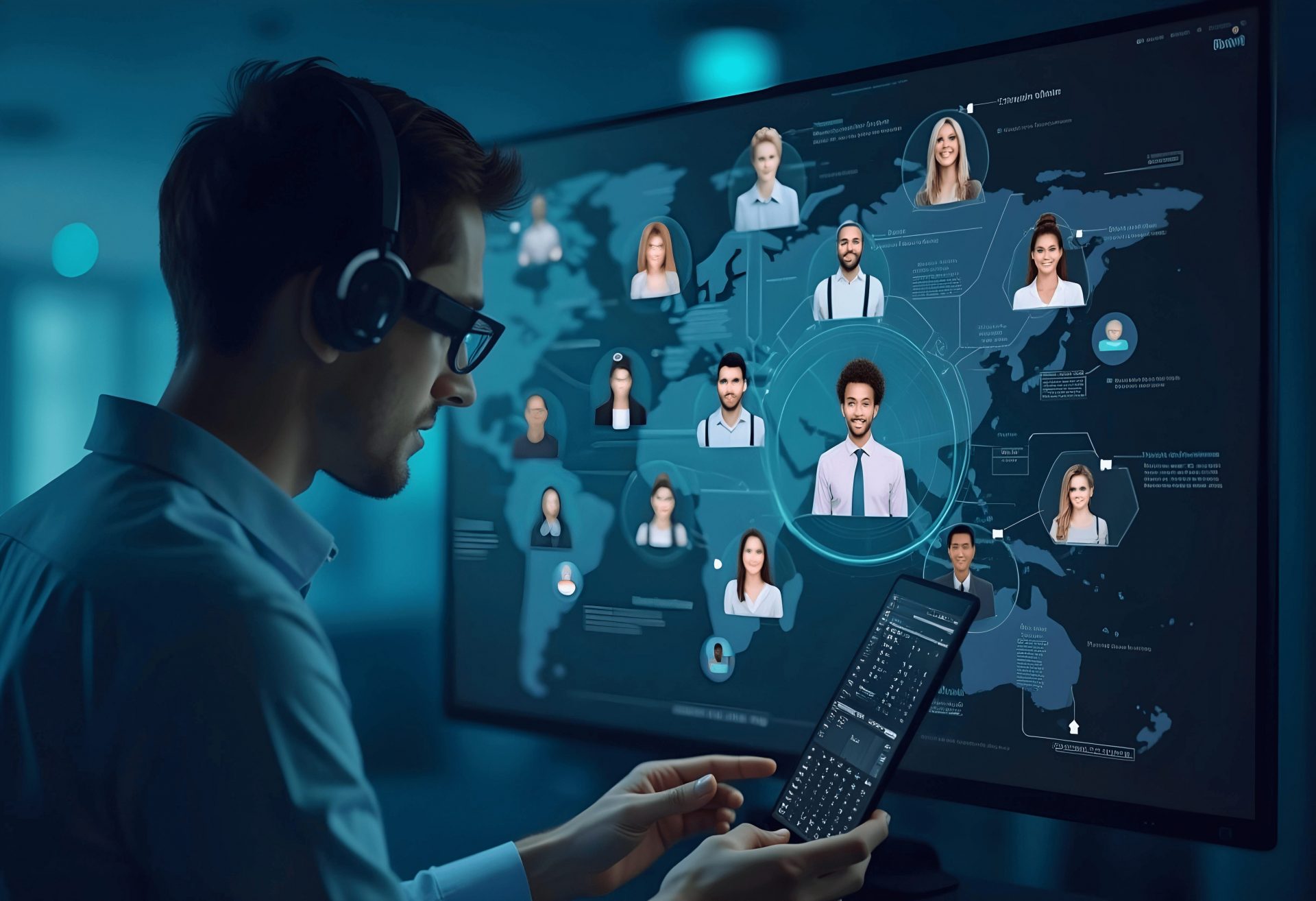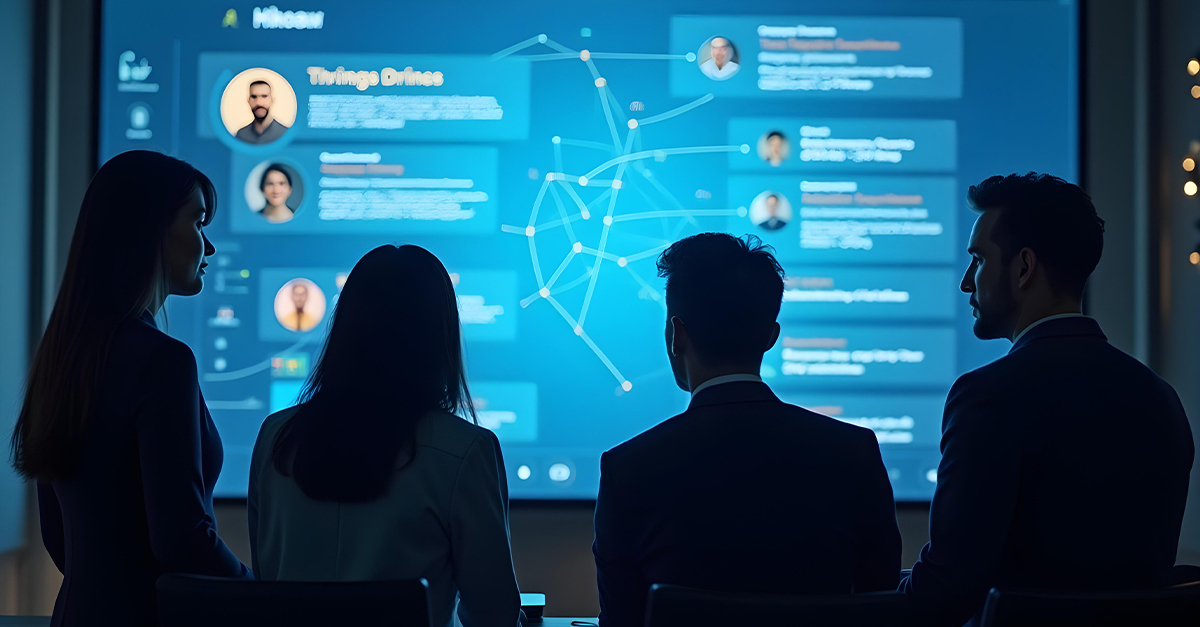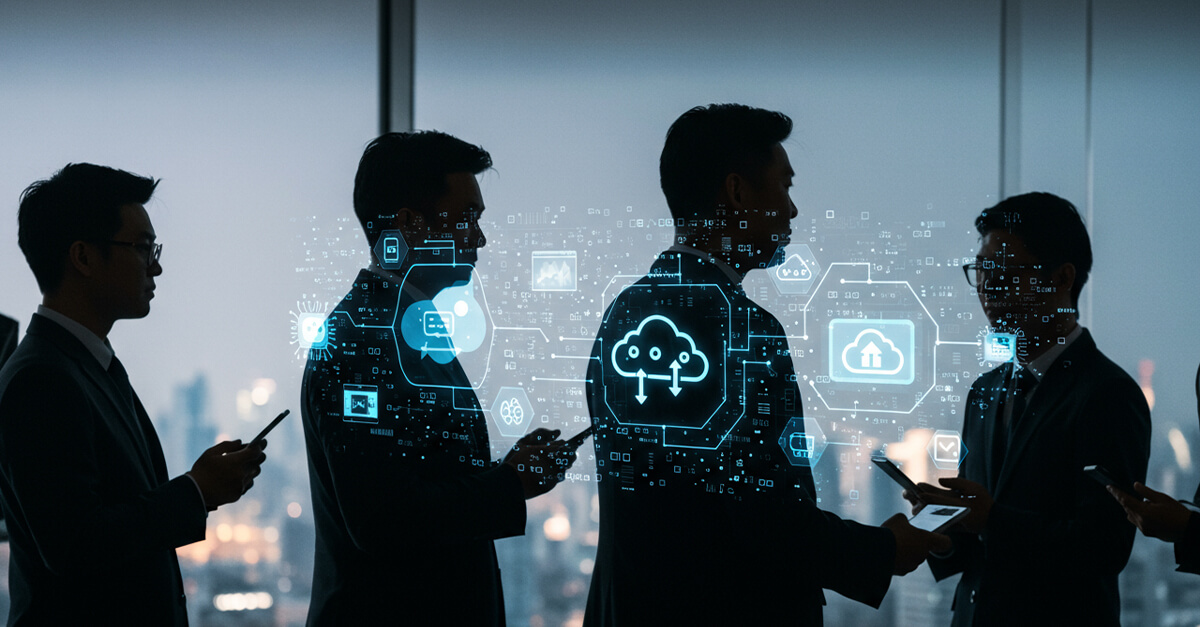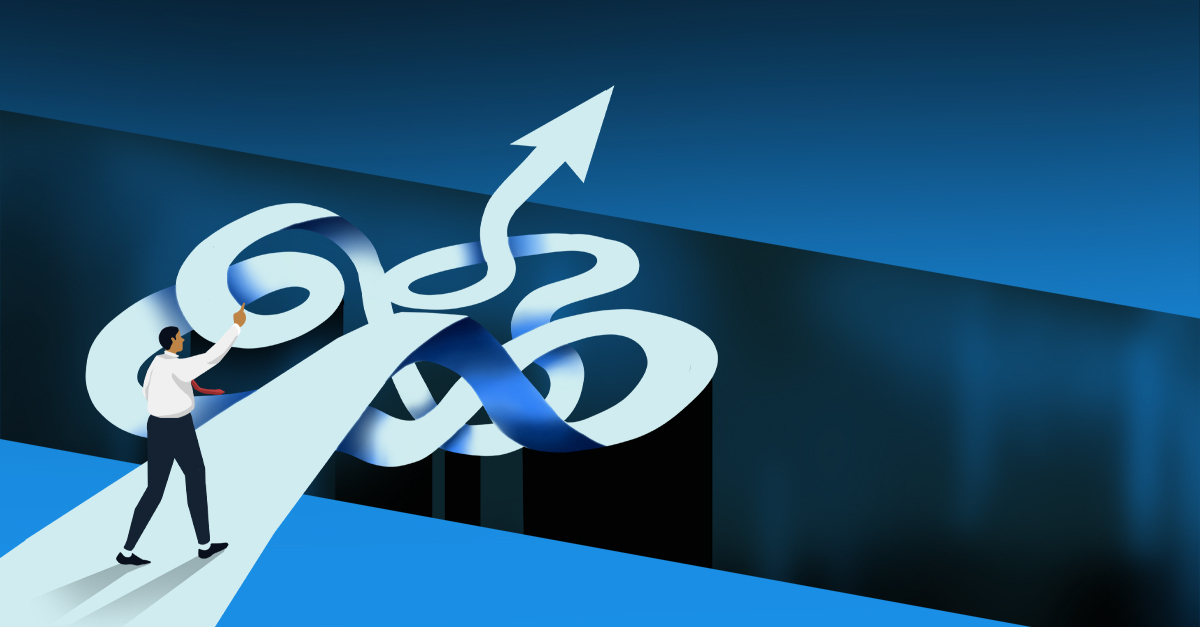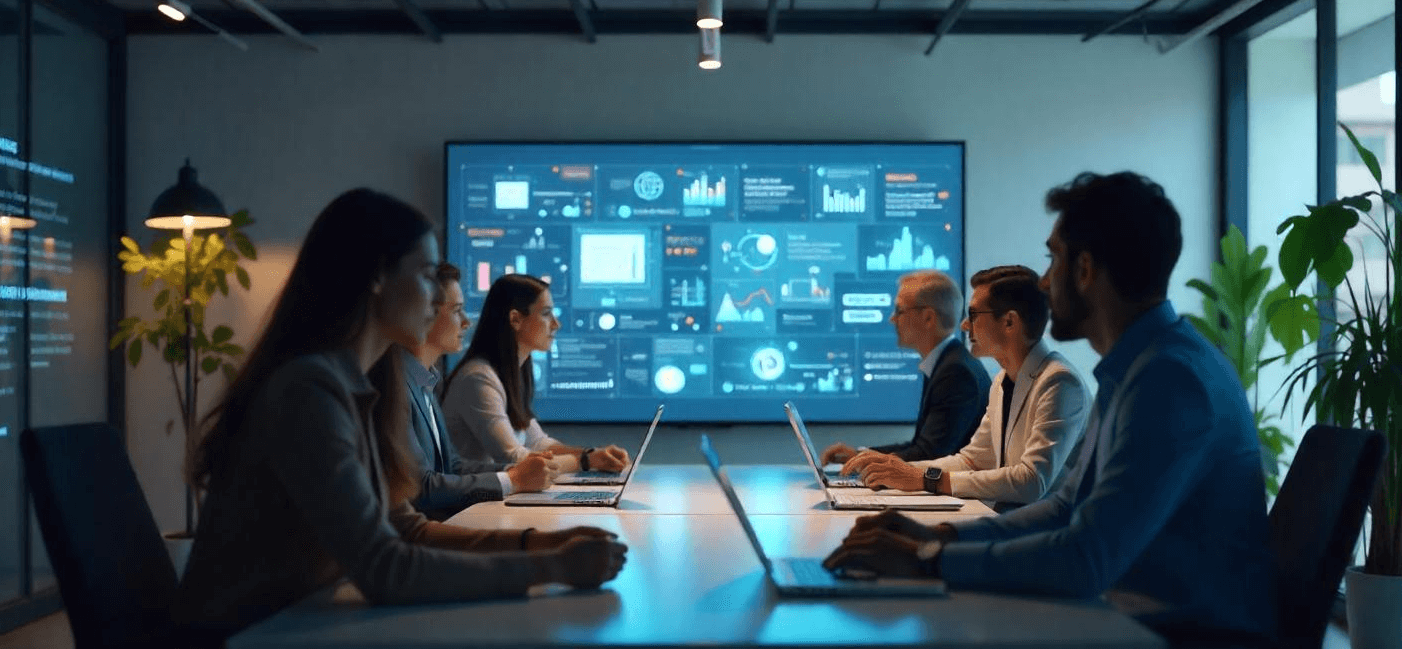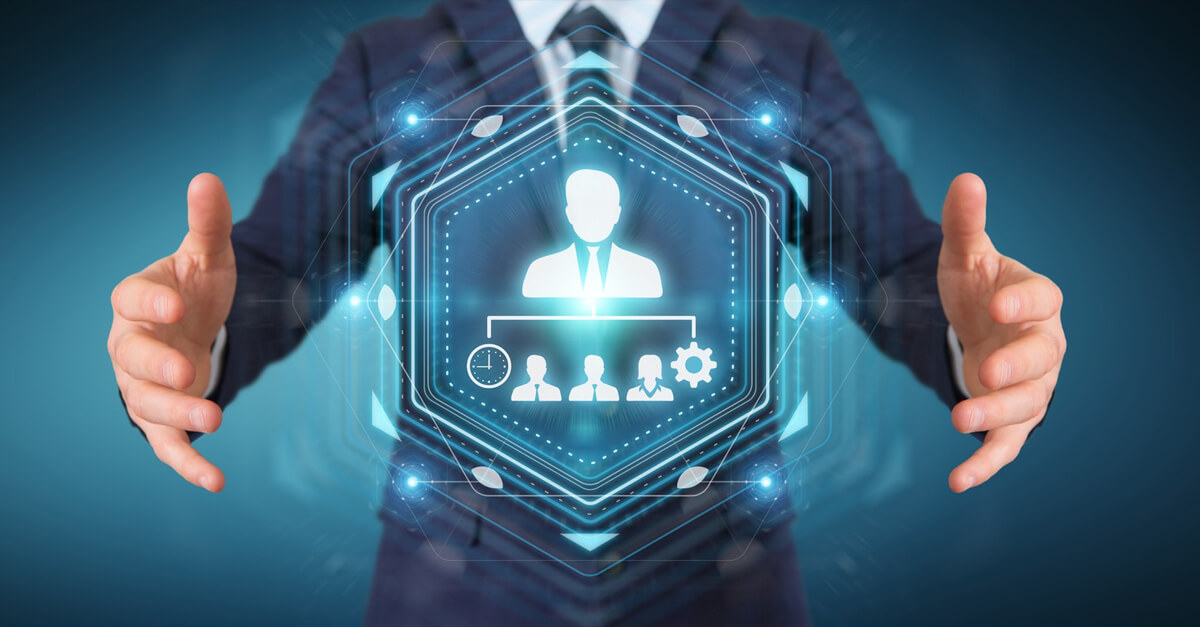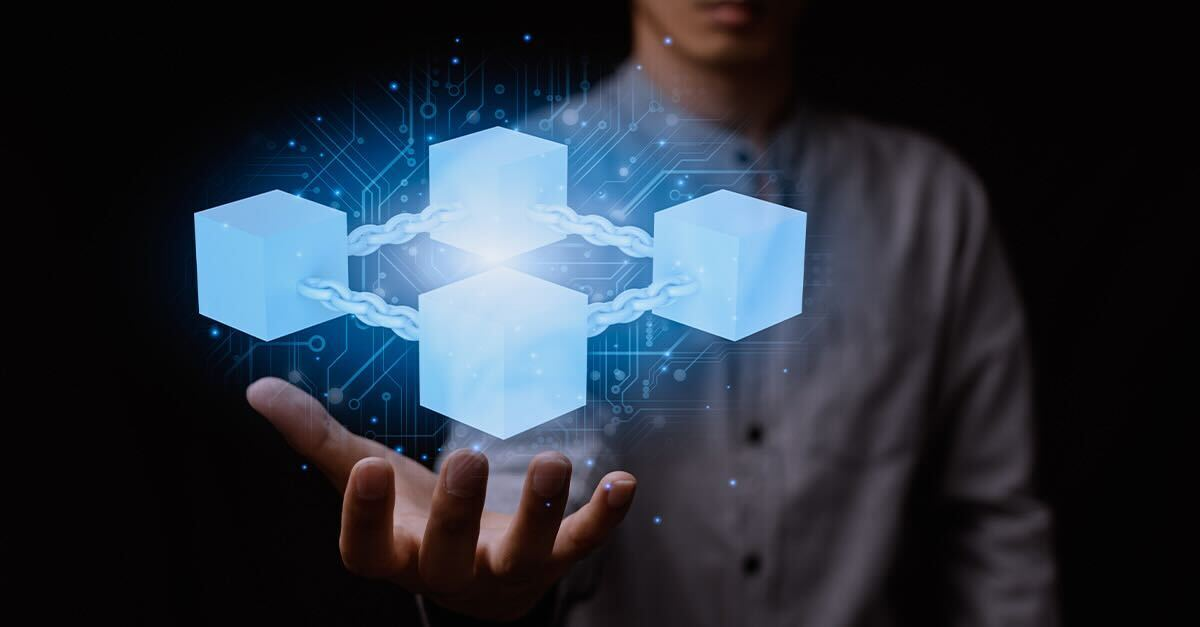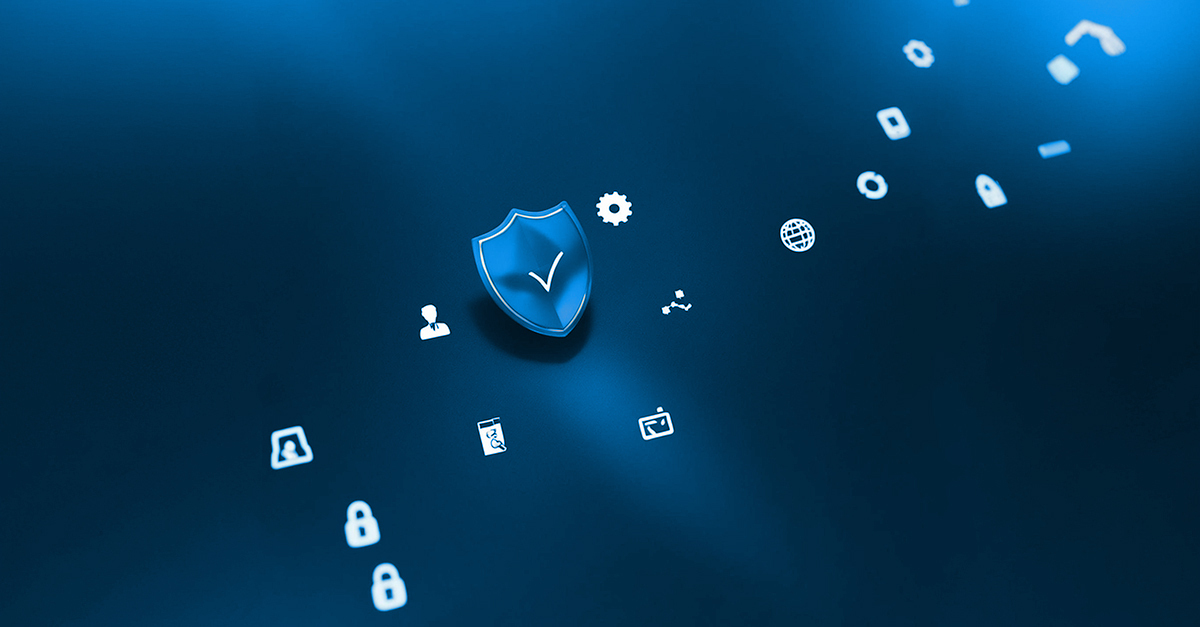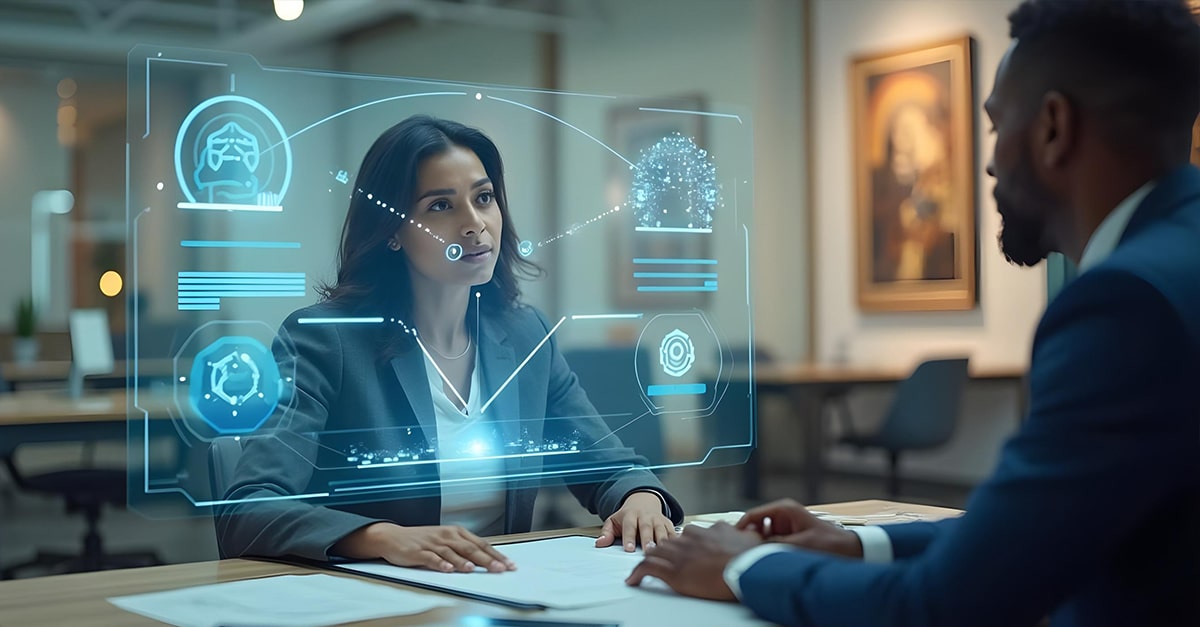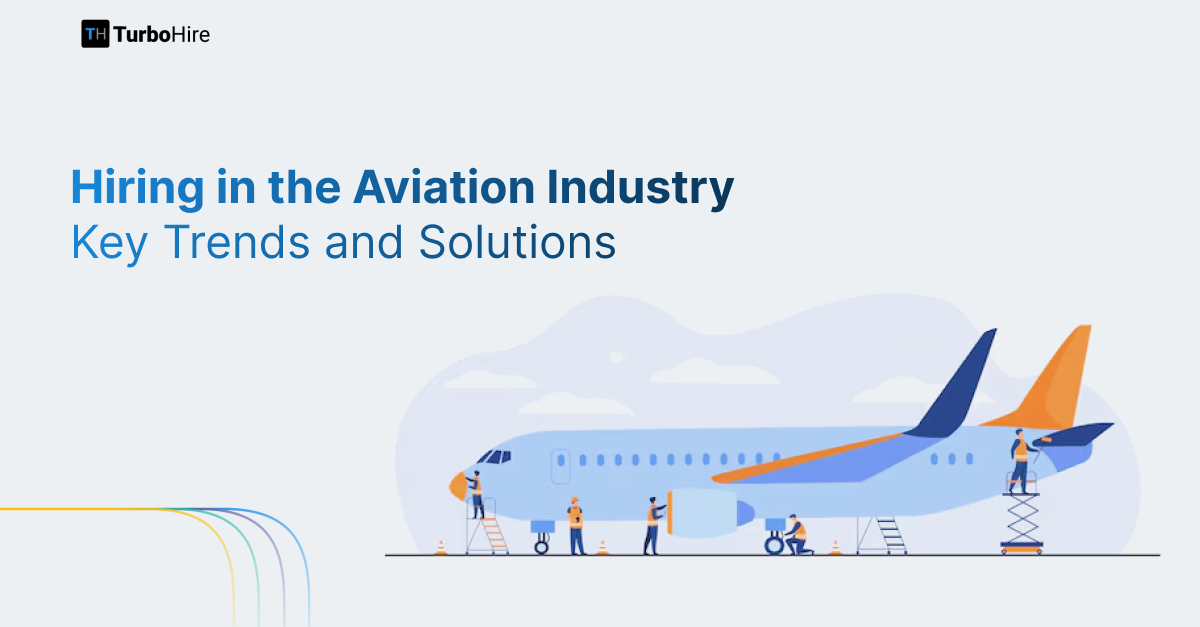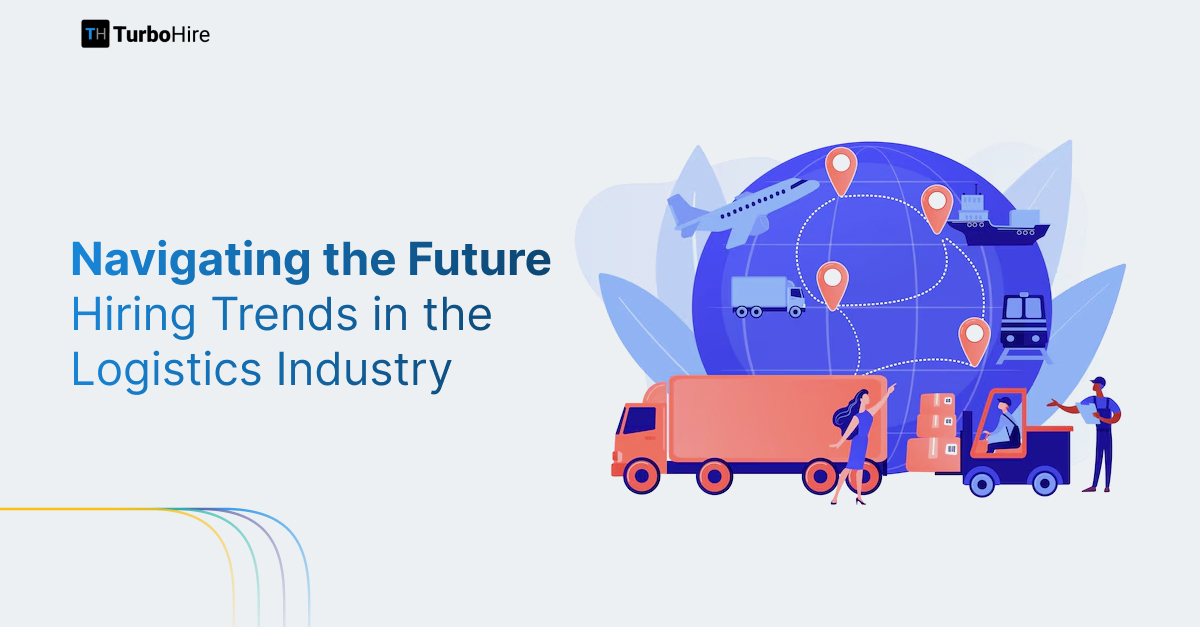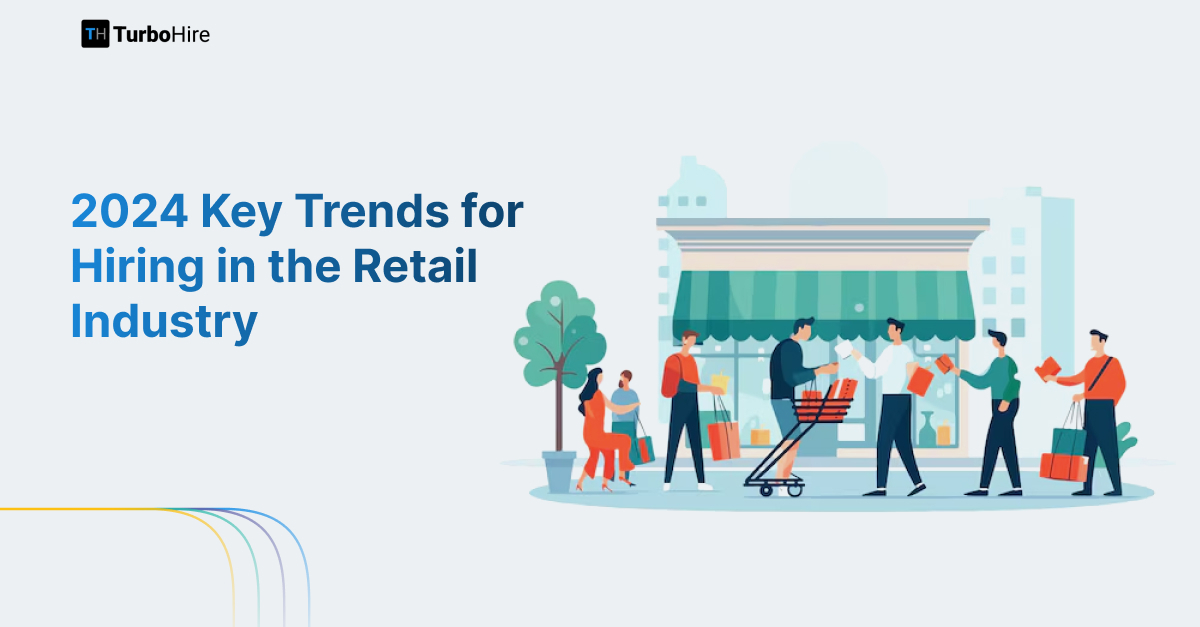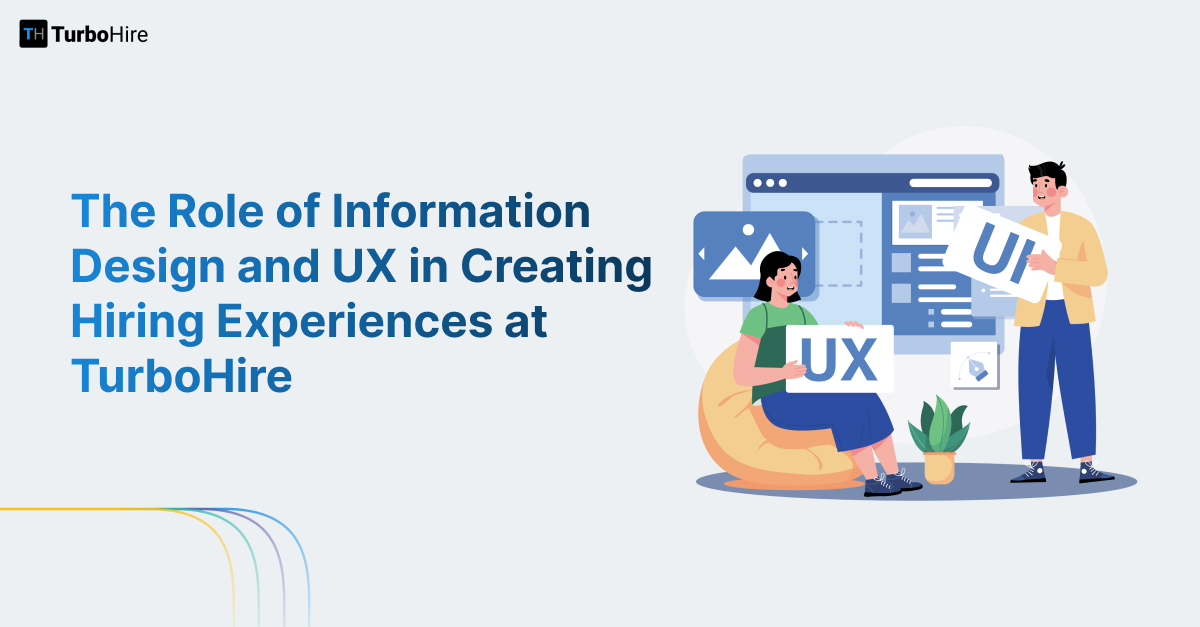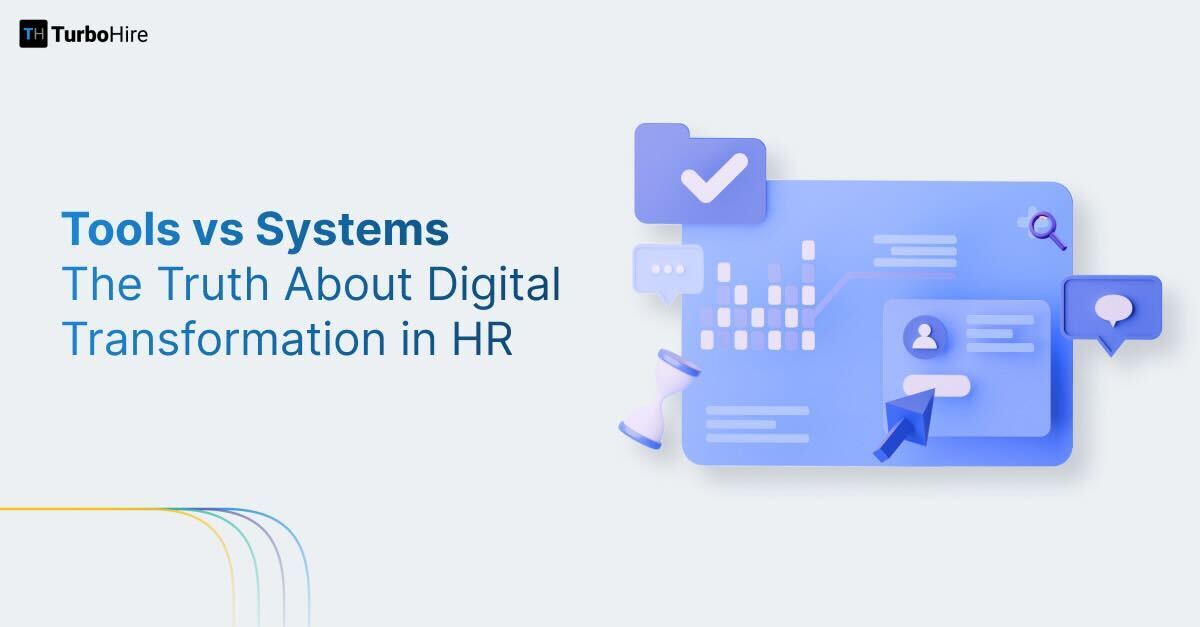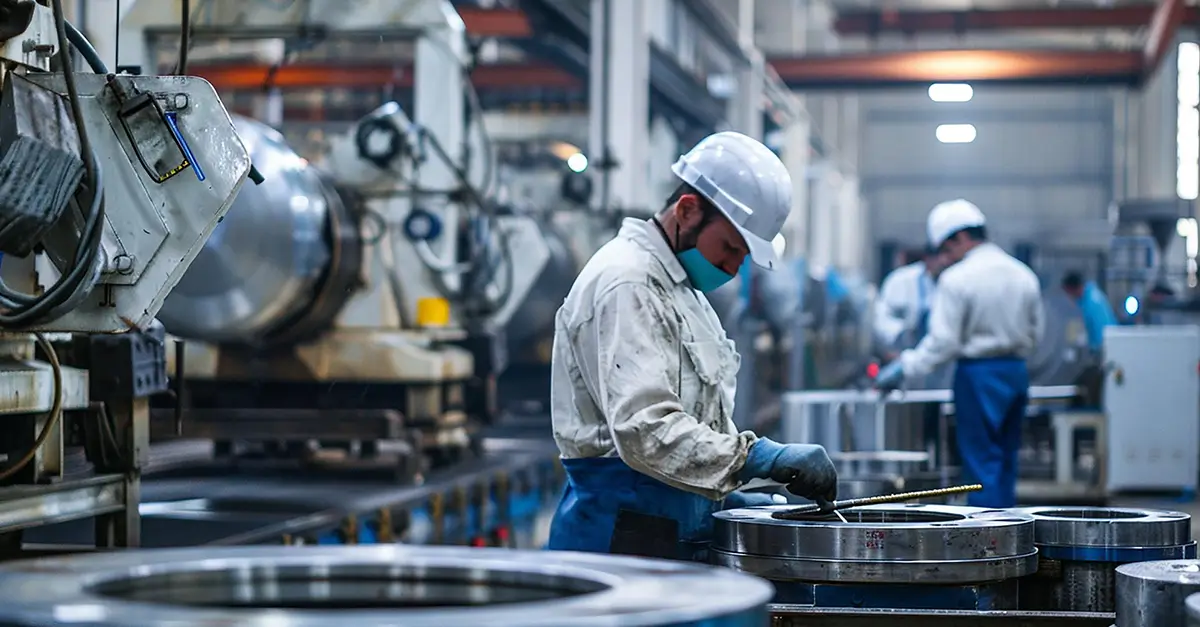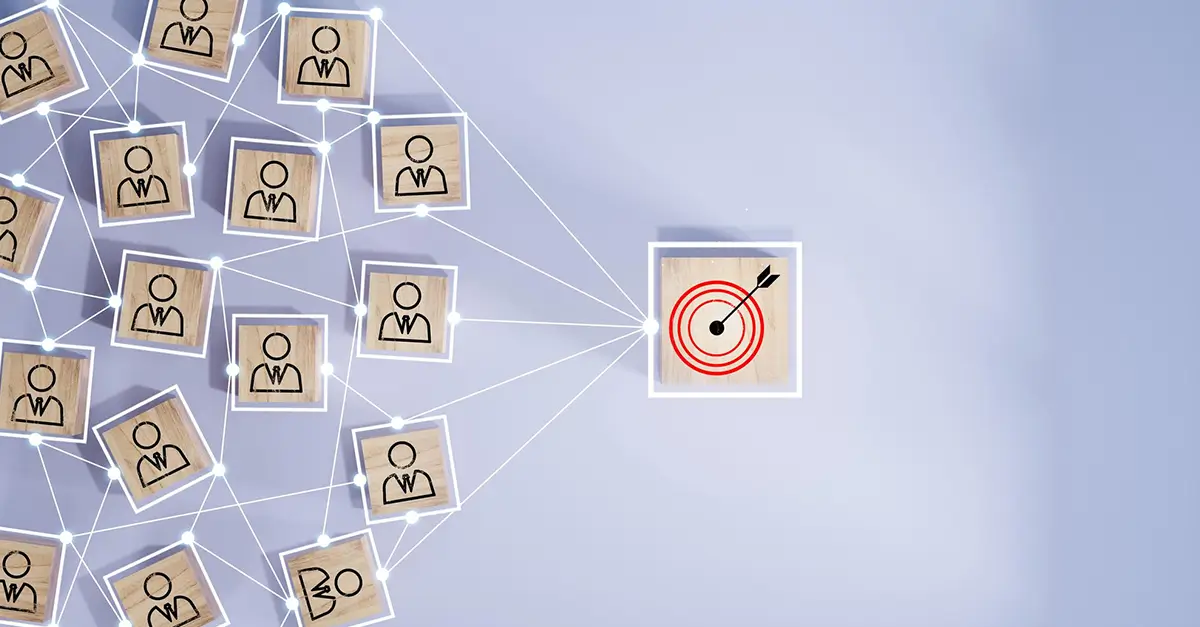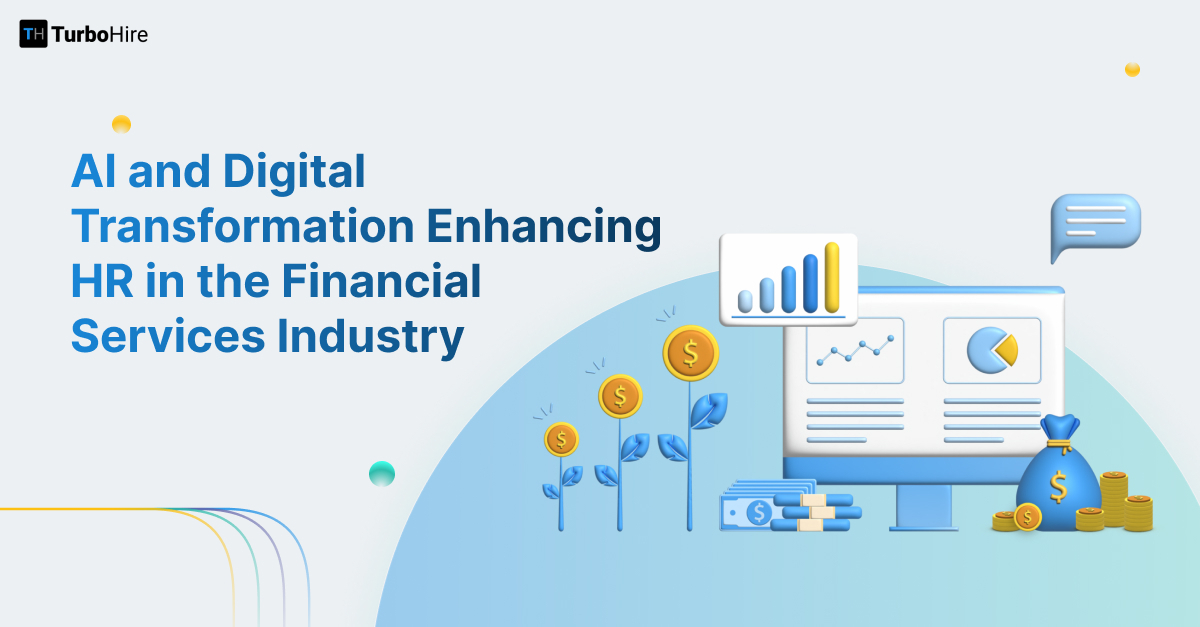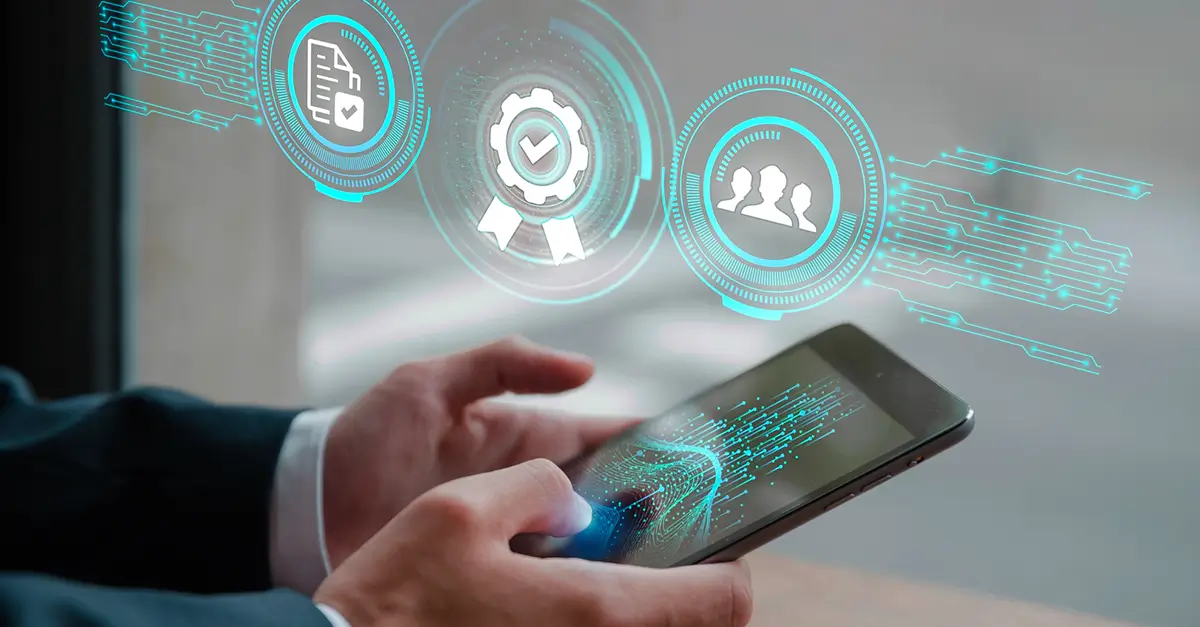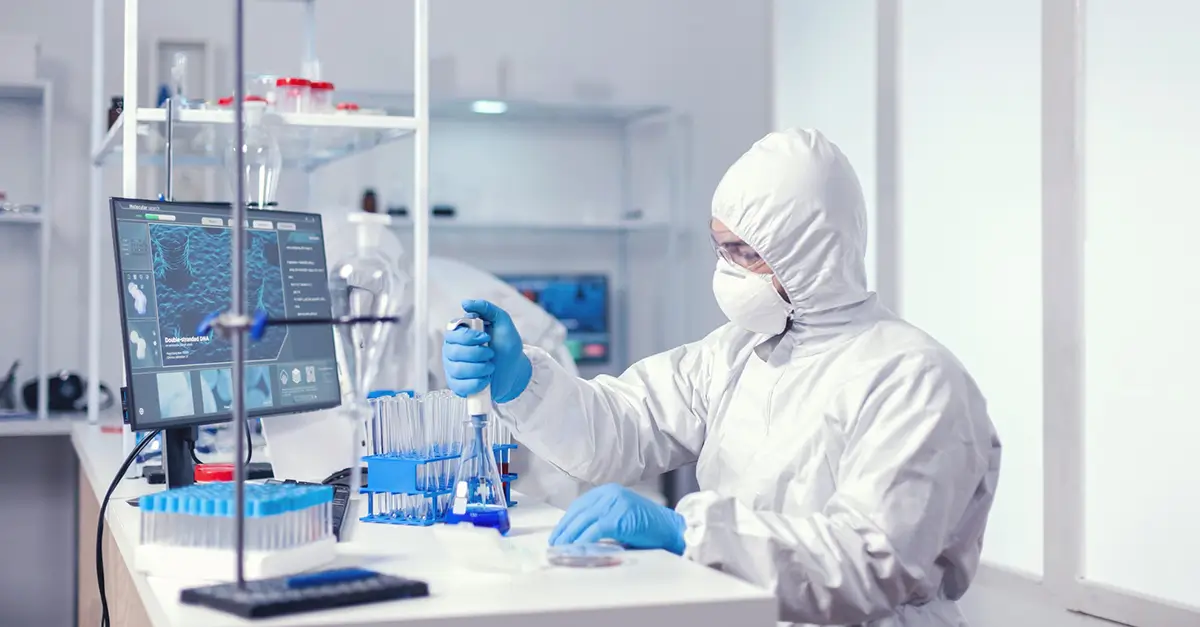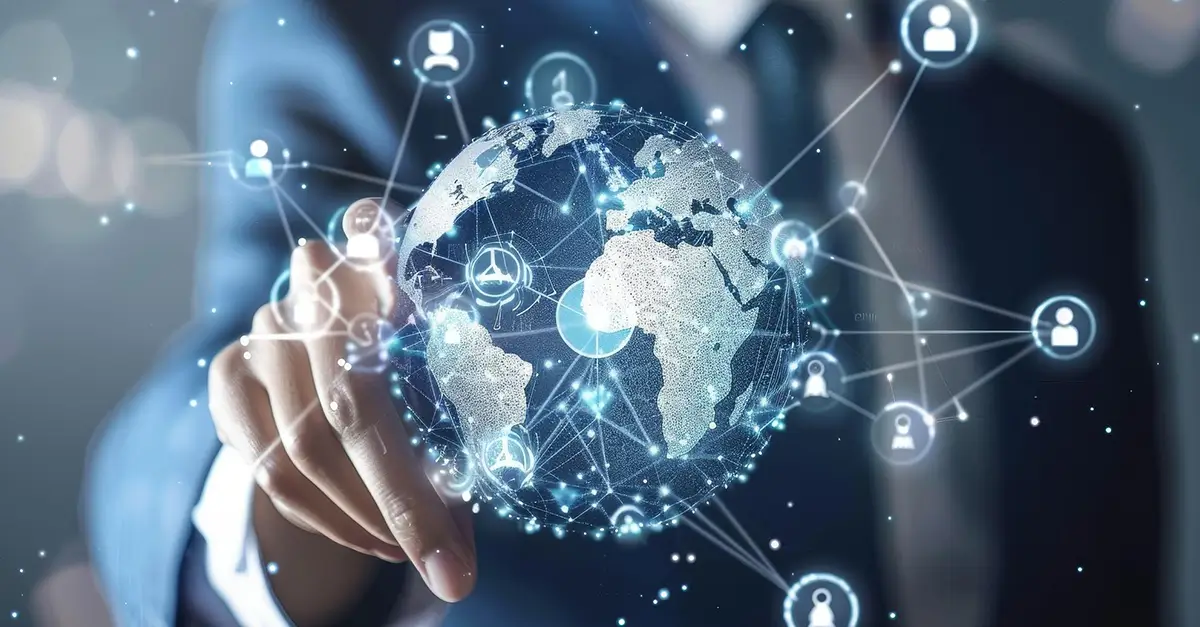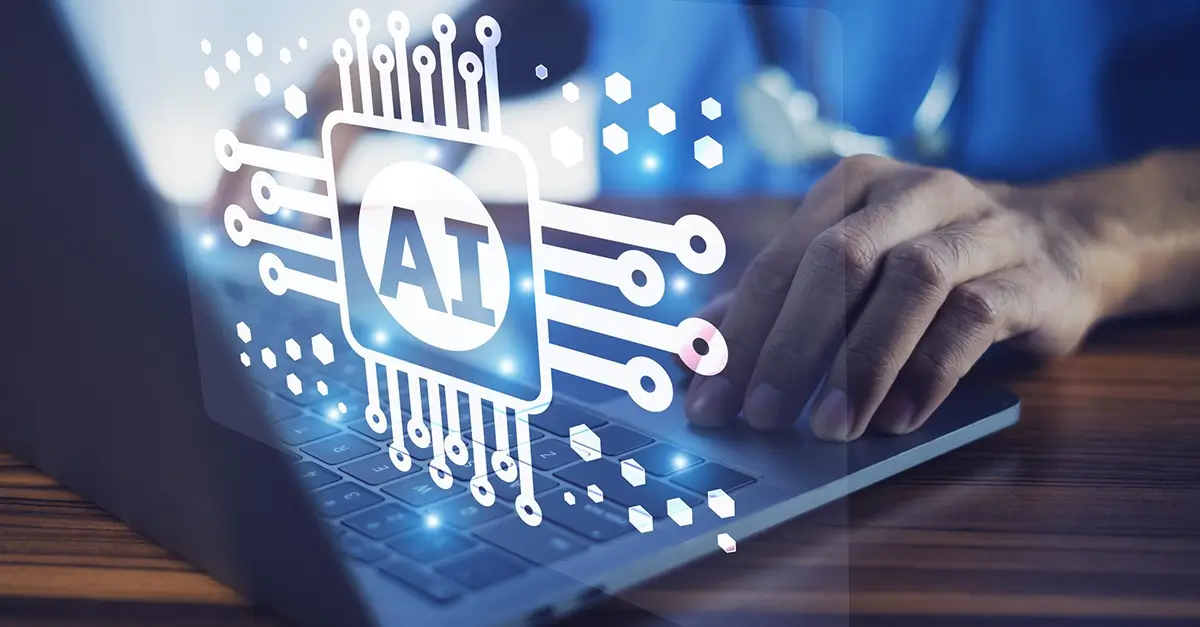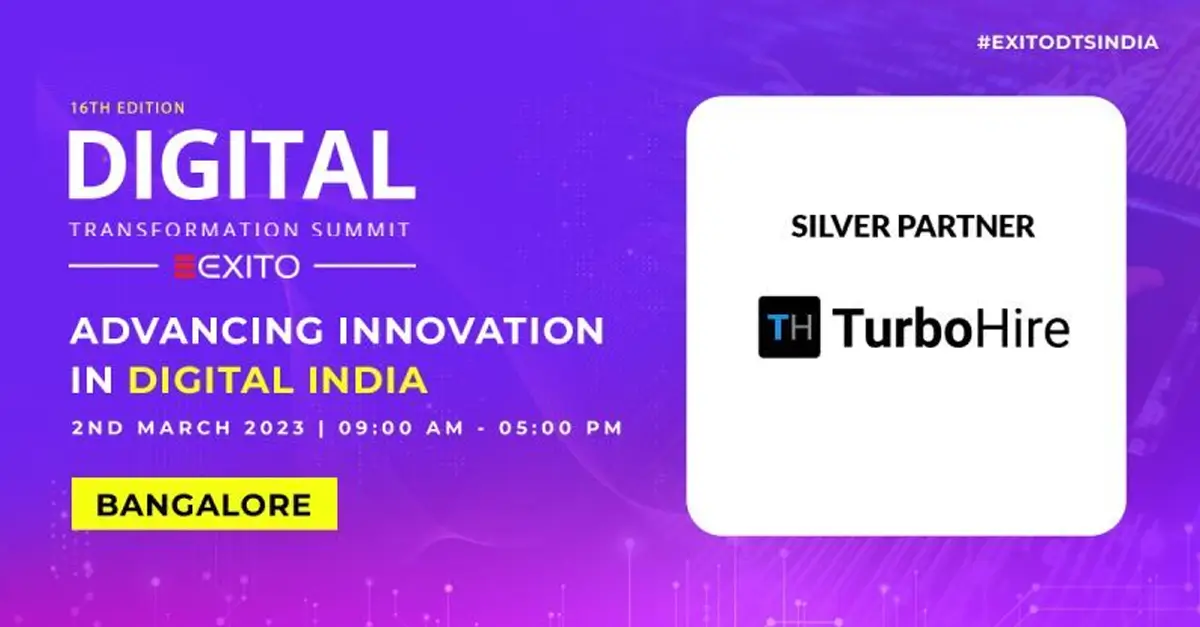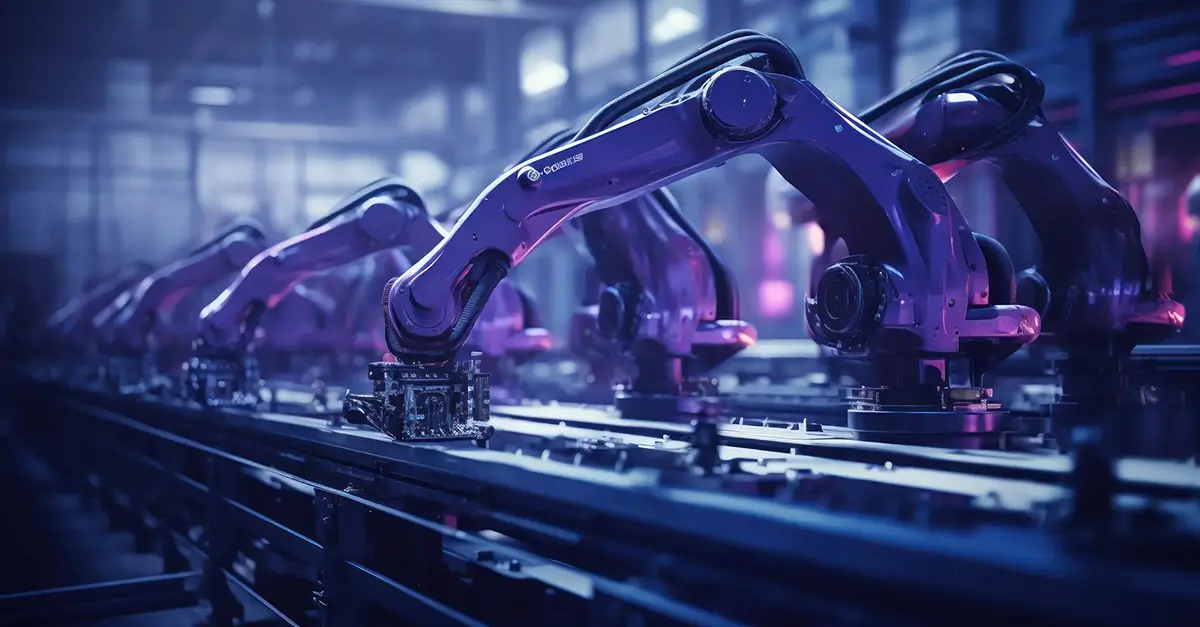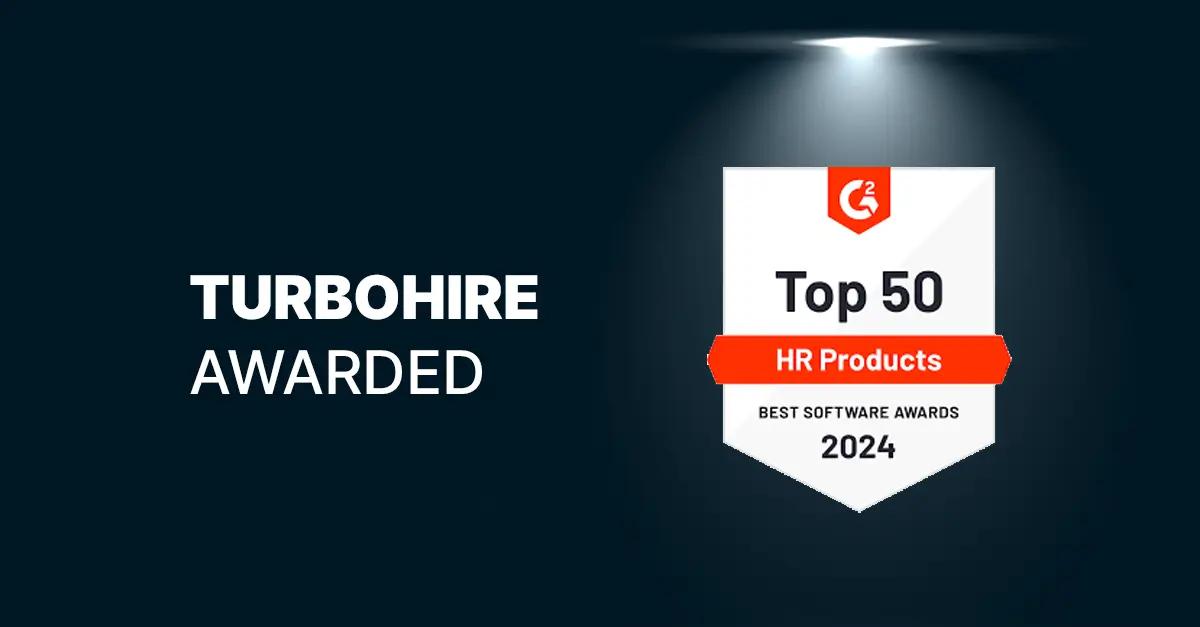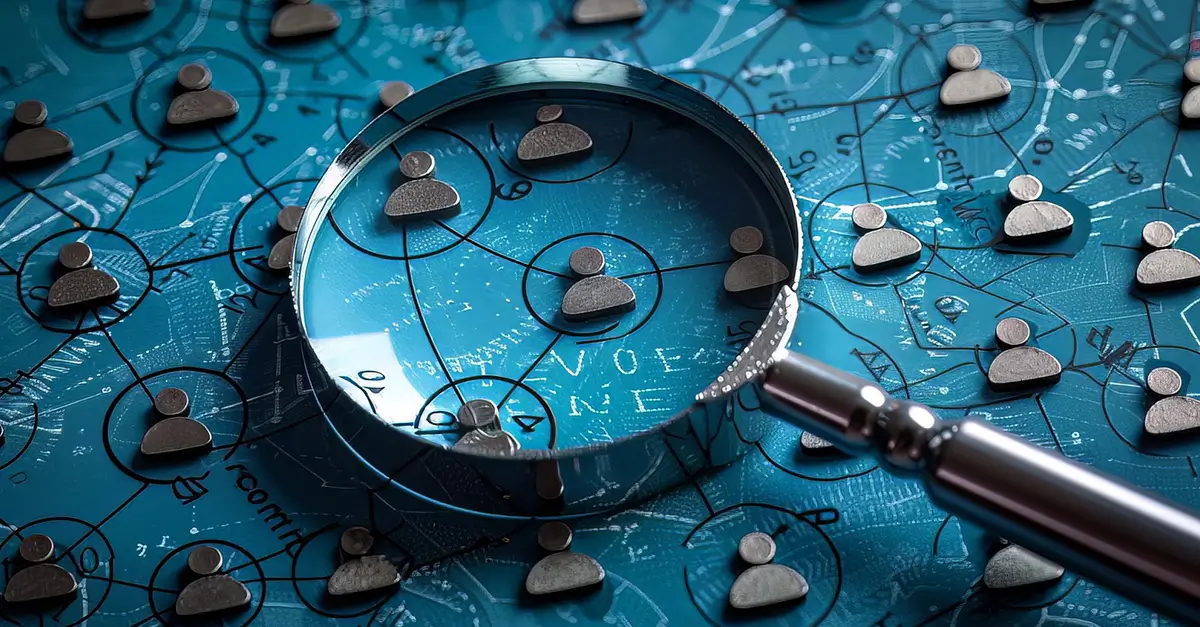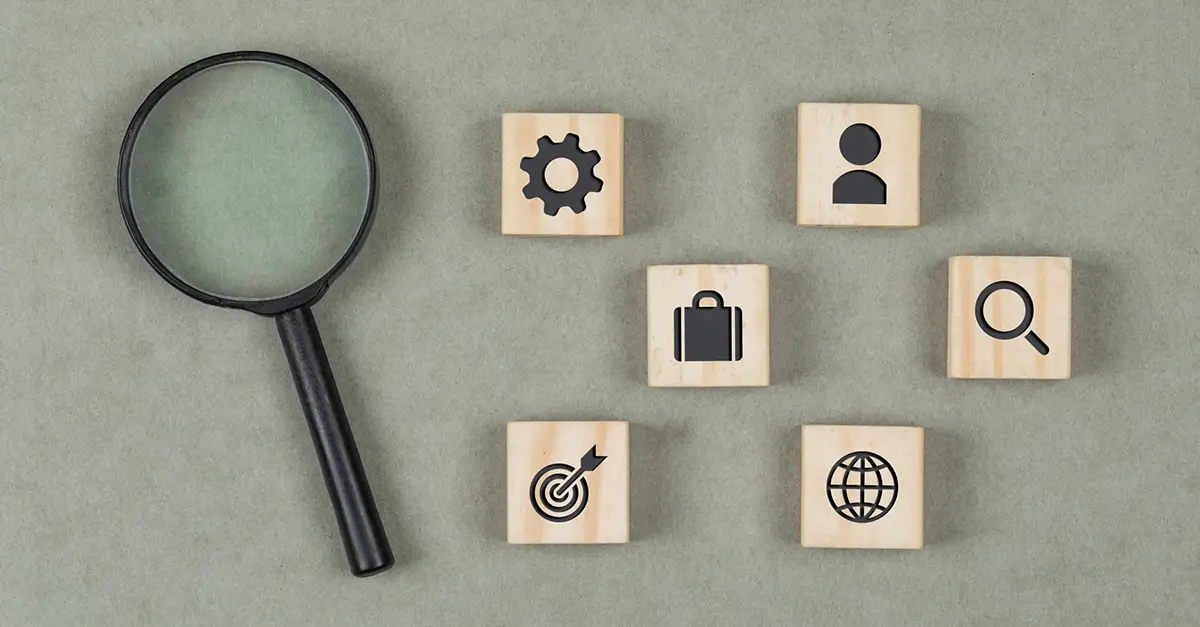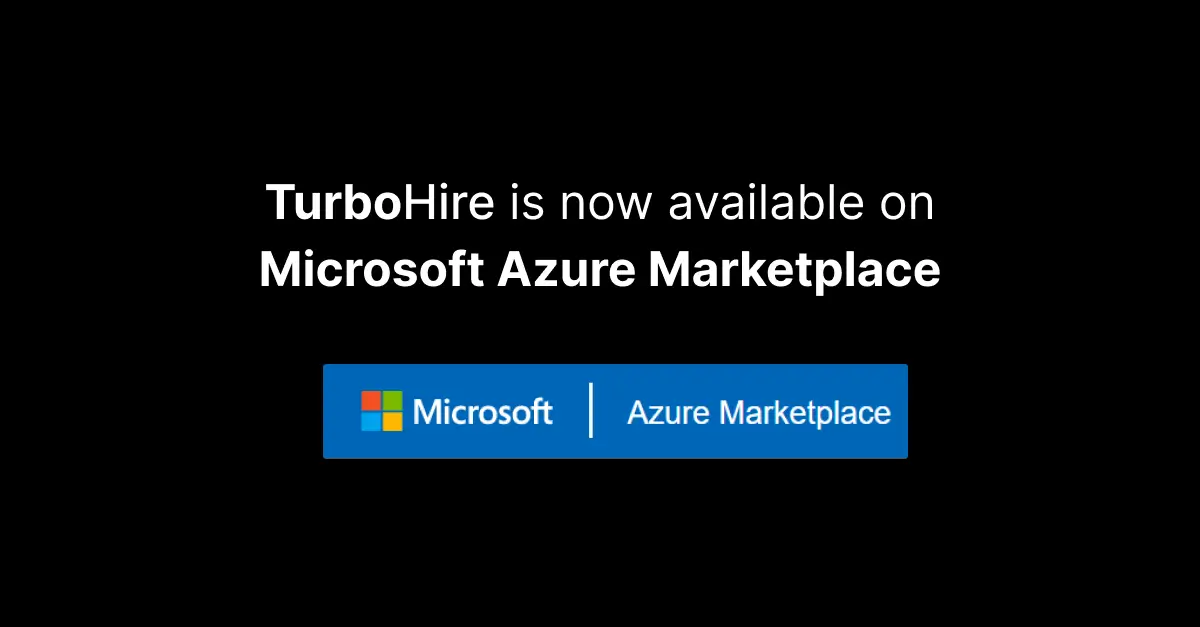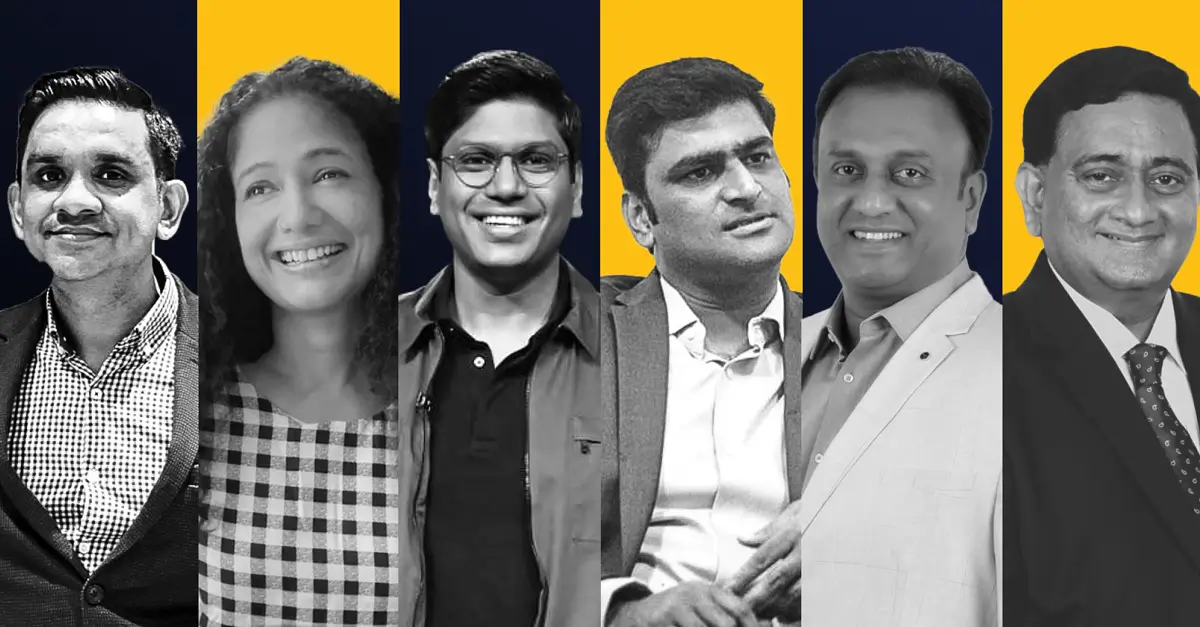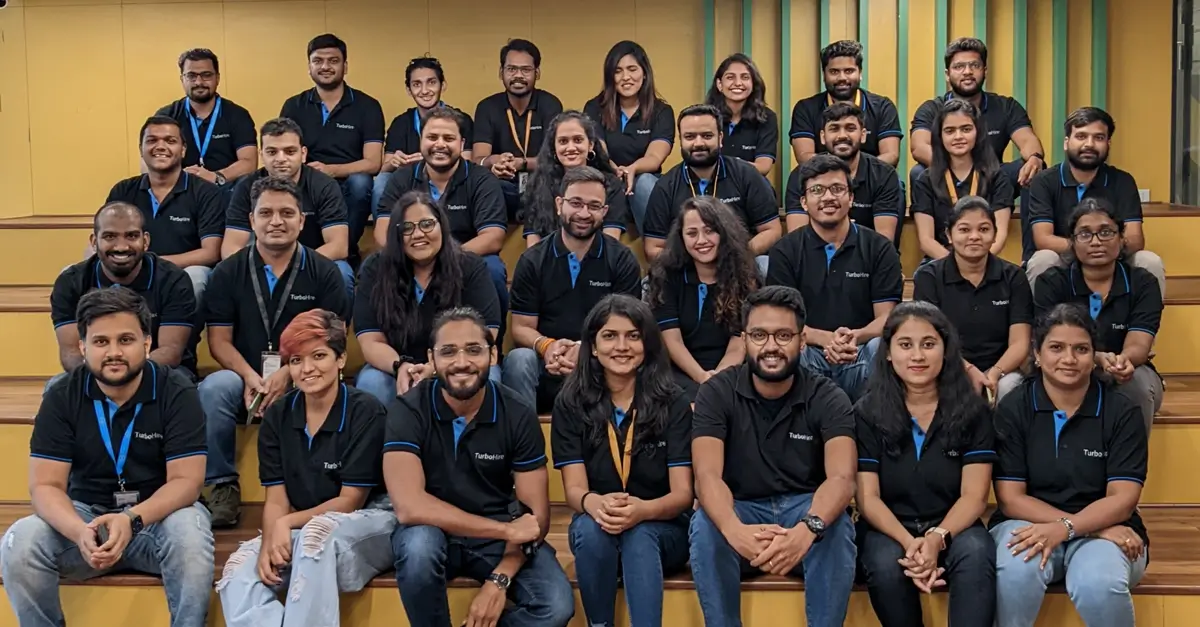Introduction
The HR landscape is currently experiencing a seismic shift, propelled by the rapid advancement and integration of Artificial Intelligence. This transformative wave brings with it a plethora of AI-powered tools, each promising to revolutionize talent management and organizational dynamics. However, as HR leaders grapple with this influx of innovation, a fundamental question arises: how does this technological evolution redefine the very essence of the HR professional? With automation increasingly handling routine administrative and operational tasks, the HR function is compelled to transcend traditional processes, shifting its focus towards strategic influence, empathetic leadership, and nurturing genuine human connection.
This pivotal moment demands more than just tool adoption; it necessitates a profound re-evaluation of HR’s role in the digital age. The challenge lies in harmonizing technological progress with the indispensable human element, ensuring that AI serves to enhance, rather than diminish, the human-centric core of HR.
Navigating the AI Landscape: Cutting Through the Noise
The market is flooded with AI solutions, each vying for attention with claims of revolutionary impact. For CHROs and HR leaders, the challenge lies in discerning genuine value from mere hype, cutting through the noise of point solutions and fragmented tech stacks. The imperative is to move beyond a reactive adoption of individual tools towards a cohesive strategy that integrates AI seamlessly into the broader HR ecosystem.
This requires a deep understanding of organizational needs, a clear vision for how technology can serve those needs, and the courage to invest in solutions that offer true, systemic value rather than superficial “snazz and glitter.” The goal is to build a resilient and efficient HR infrastructure that leverages AI for maximum impact without introducing unnecessary complexity.
Redefining the HR Professional: From Operator to Human Strategist
As AI assumes more operational responsibilities, the identity of the HR professional is undergoing a fundamental redefinition. The future HR leader is less of a “technology-operator” and more of a “human strategist.” This evolution demands a shift in focus from transactional duties to higher-value activities: talent development, organizational culture, employee well-being, and strategic workforce planning.
This new role requires a proactive mindset, where HR professionals anticipate future challenges and opportunities, guiding their organizations through periods of rapid change. It’s about becoming an indispensable partner in business strategy, leveraging insights derived from AI to inform critical decisions about people and performance.
Reskilling and Mindset Shifts for the HR Function
To thrive in this AI-driven world, the HR function must embrace significant reskilling and mindset shifts. Data literacy becomes paramount, enabling HR professionals to interpret analytics, understand trends, and make data-driven recommendations. Digital acumen is no longer a luxury but a necessity, requiring familiarity with various HR technologies and their potential applications.
Crucially, HR leaders must cultivate strong change leadership capabilities. They are at the forefront of guiding their organizations through technological transitions, fostering an environment where employees embrace new tools and adapt to evolving work paradigms. This involves effective communication, empathetic leadership, and a commitment to continuous learning.
Safeguarding the Human Touch in an Automated World
In a world increasingly dominated by chatbots, automation, and analytics, a critical concern for HR leaders is how to safeguard the “human touch.” While AI can streamline processes, it cannot replicate empathy, intuition, or the nuanced understanding of human emotions. The challenge lies in striking a delicate balance: leveraging AI for efficiency while preserving the personal connection that defines effective HR.
This means intentionally designing HR processes that prioritize human interaction where it matters most – in coaching, mentorship, conflict resolution, and fostering a sense of belonging. AI should free up HR professionals to engage more deeply with employees, building trust and creating a supportive organizational culture.
Guiding Ethical and Responsible AI Adoption Beyond HR
The responsibility of CHROs extends beyond the HR function itself. They play a pivotal role in guiding their organizations in the ethical and responsible adoption of AI across all departments. This involves establishing clear guidelines for data privacy, algorithmic fairness, and transparency in AI decision-making. HR leaders must champion a culture of ethical AI, ensuring that technology serves humanity and upholds organizational values.
This leadership is crucial in building employee trust and ensuring that AI initiatives are perceived as beneficial and fair. By proactively addressing ethical considerations, CHROs can position their organizations as leaders in responsible innovation, fostering a workplace where technology is a force for good.
The HR Imperative: Now is the Time
The convergence of technological advancements, evolving talent demands, and a clear need for strategic HR makes this the opportune moment for enterprises to embrace AI-led transformation. Organizations that invest in intelligent, human-centric solutions today will gain a significant competitive edge, setting new benchmarks for agility and growth.
At TurboHire, we are dedicated to being the partner that enables this transformation. We are building the tools, refining the technology, and providing the strategic insights that enterprises need to thrive in the new era of talent acquisition.
These critical discussions and more will be central to the 4th Edition of the ETHRWorld Annual Conclave – Leadership Retreat for India’s Top CHROs, where TurboHire is proud to be an In-Association Partner. Join us from 4th–6th September 2025 at Crowne Plaza, Kochi, as we collectively “Ride the Waves of Change” and redefine the future of work and leadership.

